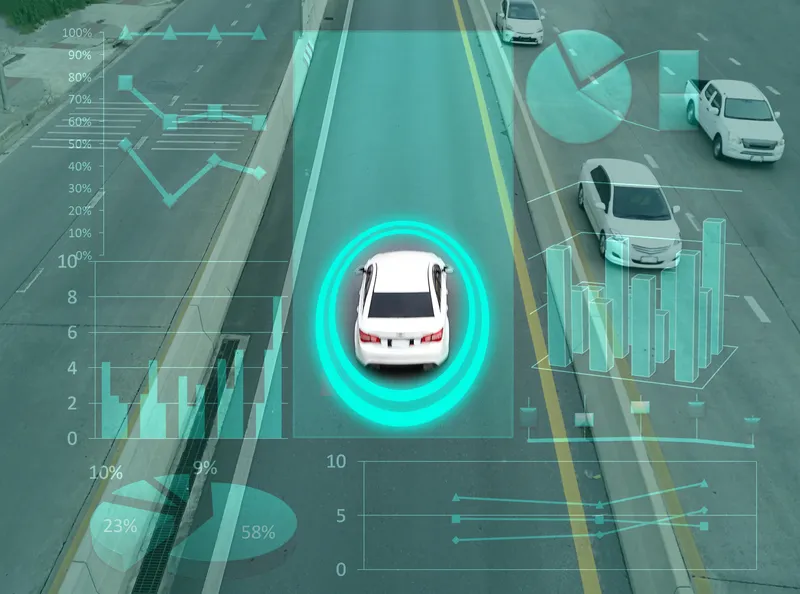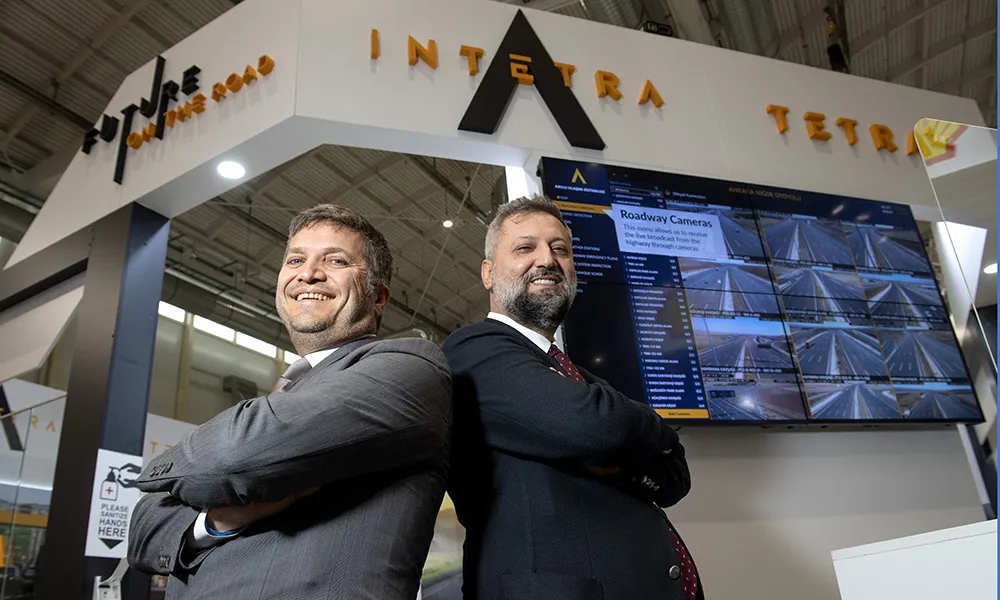Both companies have been working together on the development of new technologies using Kathrein’s expertise in RFID technology combined with Tönnjes EAST’s experience in the integration of transponders into vehicle licence plates or windscreens.
Their joint portfolio includes Kathrein’s latest RFID reader, the RRU4500, which has a read range of up to 20 metres and enables the reliable identification of vehicles in free-flow motorway traffic up to a maximum speed of 250 km/h.
Tönnjes uses RFID technology in two systems, the IDePLATE, a vehicle licence plate with an integrated RFID chip and the IDeSTIX, a windscreen sticker containing a data chip with an encrypted ID number.
In order to ensure the IT security of the transponder data, the two companies use UCODE DNA, the latest generation of high security transponders from NXP Semiconductors. The decryption takes place directly between the transponders and the Kathrein readers. These are a new kind of combined RFID reader-writer and IoT gateway, which means that the data can be loaded directly into a Cloud and used from there.
The partners offer a turn-key solution, which includes implementing the technology on motorways, in low emission zones and toll roads, as well as establishing and operating central database solutions for authorities and providers.
German companies collaborate on electronic vehicle identification
German internet of things (IoT) provider Kathrein has agreed a global collaboration on electronic vehicle identification with Tönnjes EAST, a German licence plate manufacturer.
Both companies have been working together on the development of new technologies using Kathrein’s expertise in RFID technology combined with Tönnjes EAST’s experience in the integration of transponders into vehicle licence plates or windscreens.
Their joint portfolio includes Kathrein’s latest RFID reader, the RRU4500, which h
September 13, 2017
Read time: 2 mins
German internet of things (IoT) provider Kathrein has agreed a global collaboration on electronic vehicle identification with Tönnjes EAST, a German licence plate manufacturer.










